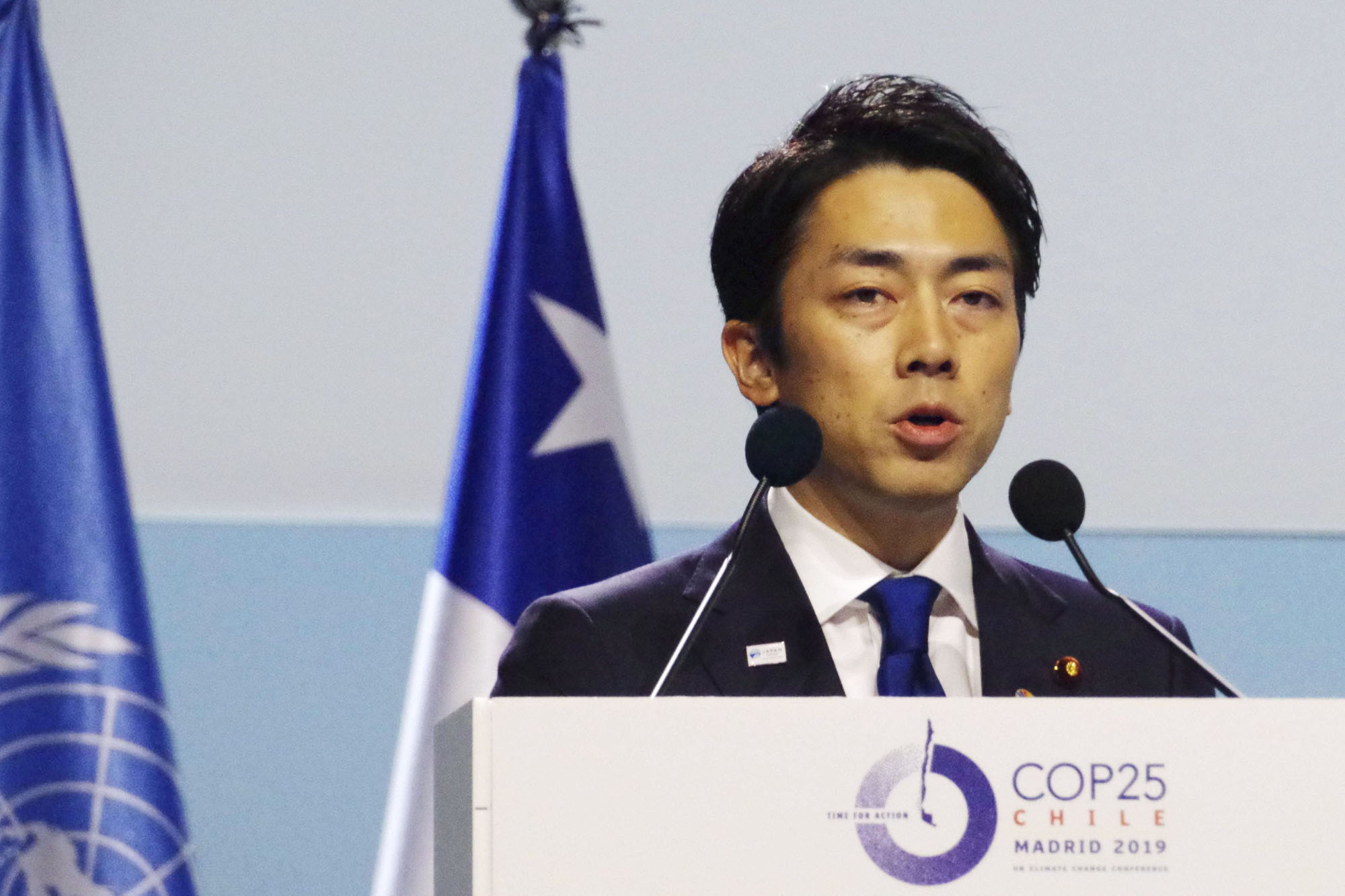A year ago, the big news story in Japan was former Nissan CEO Carlos Ghosn languishing in a jail cell while the media discussed whether he should be there, thus sparking an overdue discussion about the country's so-called hostage justice system. It was a nice discussion while it lasted.
It was also an apt example of what constitutes a news cycle these days and explains in part the staying power of the administration of Shinzo Abe, now the longest-serving prime minister in Japanese history. Abe has accomplished little considering how long he's been in power. With each passing week, it seems less likely his most cherished goal, changing the Constitution, will be achieved within his tenure, and his once-lauded Abenomics economic revival plan hasn't exactly sparked an economic revival.
However, he has survived the kind of scandals that sank the administrations of his predecessors, including his own during his first stint as premier. Overcoming scandals has become his main accomplishment (so far), as relevant to his legacy as anything, since it requires a special talent for manipulating the media. Whether Abe himself is the source of that talent is up for debate, but these ever-shortening news cycles have been an enormous help.



